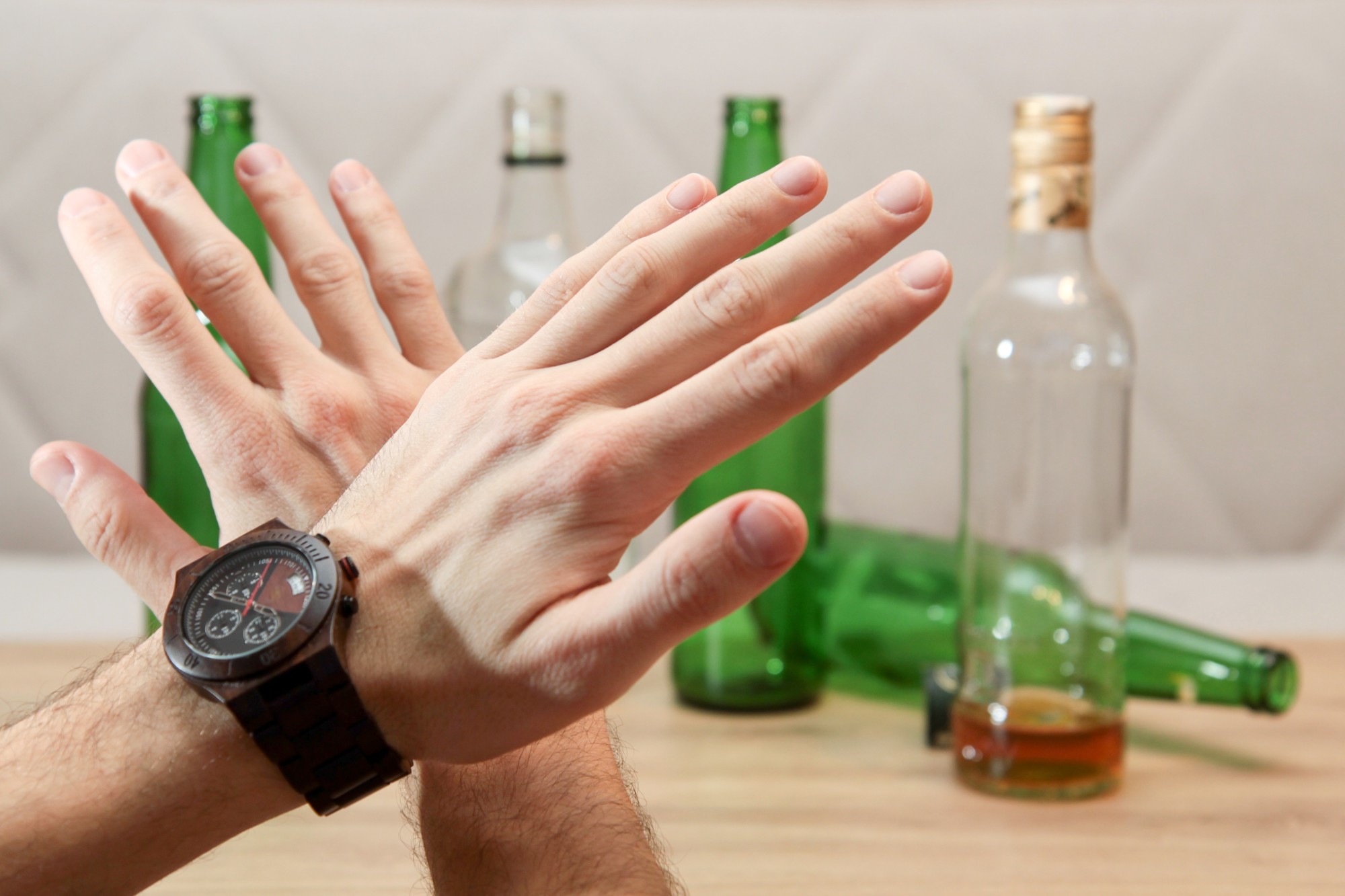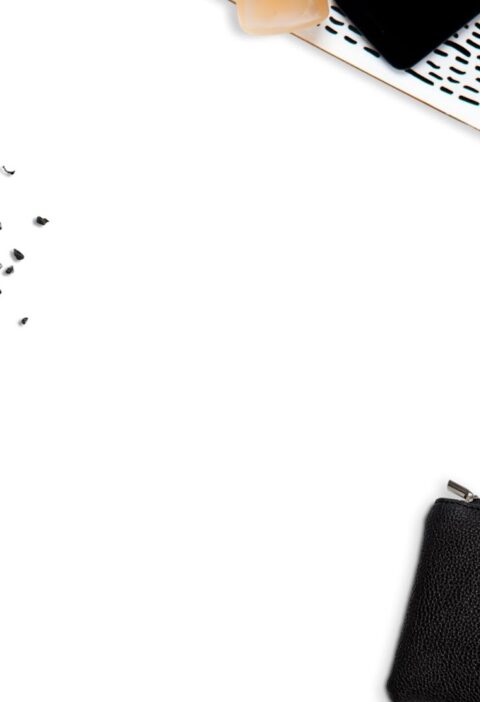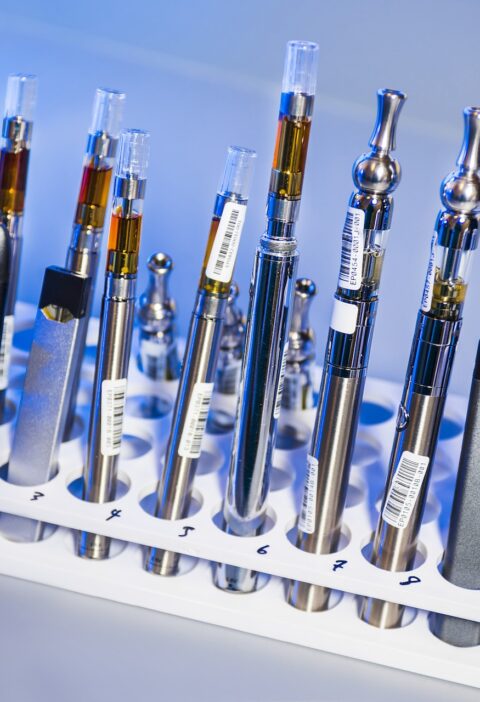Alcoholism is a severe problem that can harm your physical and mental health. It can also damage relationships and overall well-being.
If you are battling alcohol addiction, it is critical to understand that you are not alone. It is never too late to seek assistance.
We present specific methods in this guide to help you stop drinking alcohol for good. These can help you reach your sober goals by recognizing your problem, creating a support structure, and developing coping mechanisms.
So let’s start your journey to a better and happier life without alcohol. Keep on reading!
Acknowledge Your Problem
It’s critical, to be honest with yourself about the effects of alcohol on your life. This includes your relationships, career, and health. When you acknowledge that alcohol is a problem for you, you can begin to take steps toward staying sober.
Set realistic objectives for reducing or eliminating alcohol usage. Form a support network for friends and family. Or obtain professional help from a therapist or addiction treatment program.
Set Realistic Goals
Setting realistic goals is a critical step in overcoming alcohol addiction. This is a step that can help you achieve sobriety. So, being honest with yourself about your potential to change is critical.
Avoid establishing objectives that are ambitious or unachievable. Begin by defining your reasons for wanting to stop drinking, such as bettering your health or relationships.
Then devise an achievable and tailored plan for your individual needs. For example, you may limit your alcohol consumption or set a weekly goal for the number of alcohol-free days.
Create a Support System
Have a network of friends and family who understand your circumstances. Also, having people who support your aspirations can make a huge difference in your journey to sobriety.
You can also seek help from people who have gone through similar circumstances. Join a support group or contact a therapist.
In addition to emotional support, practical assistance can be beneficial. Find a sober buddy to attend social events with or avoid situations where alcohol is prevalent.
Remember that you don’t have to go through this alone. Numerous tools are available to help you establish a robust support system and reach your sober goals.
Seek Professional Help
A therapist or addiction specialist can offer vital guidance, support, and resources. That can make a significant impact on your recovery journey.
Professional help may include medication-assisted treatment, behavioral therapy, or support groups. It could also be a combination of techniques suited to your unique requirements.
It’s vital to remember that seeking professional treatment is not a sign of weakness. Instead, it is a brave step toward healing and recovery.
Try to check out Embark Recovery’s page on alcohol treatment.
Identify Your Triggers
Triggers are situations, persons, or emotions that can lead to drinking. Also, they are unique to each individual.
It is critical to identify your triggers. Then devise effective ways to avoid or manage them.
If stress triggers you, for example, you could try relaxation techniques like meditation or deep breathing. If attending social events involving alcohol triggers you, consider going with a sober friend.
Develop Coping Mechanisms
Coping mechanisms are tactics or techniques that you employ. This helps to manage stress, emotions, or triggers without turning to alcohol. Exercise, artistic activities, spending time in nature, or talking to a trusted friend or therapist can all be coping methods.
The idea is to discover healthy ways to deal with challenging emotions or situations that do not include alcohol. Developing coping techniques requires effort. But they can become habitual and help you stay dedicated to your recovery goals.
Remember that everyone’s coping mechanisms vary. So it’s critical to figure out what works best for you.
Avoid Temptation
One of the most critical measures in overcoming alcoholism is to avoid temptation. It entails identifying conditions or activities that may cause a desire to drink and devising strategies to prevent or manage them.
For example, if social gatherings with alcohol are your triggers, you should avoid them. Or, bring a support person with you to help you fight temptation. You might also consider taking up a new hobby or activity that does not require drinking, such as exercise or art.
Develop healthy coping mechanisms, such as meditation or therapy. This can also help with stress management and avoiding the urge to drink.
Remember that remaining sober is a journey, and making errors along the way is alright. Keep your objective of quitting drinking in mind and seek help when needed.
Stay Committed
One of the most critical components of stopping alcohol addiction and remaining sober is being dedicated. It is critical to recognize that recovery is a journey that takes time, effort, and dedication.
Sobriety is a daily choice. It can be not easy, especially when confronted with triggers or urges.
However, remaining committed entails being willing to prioritize your recovery. You’ll stay disciplined and make the necessary lifestyle changes.
Avoid negative influences. Practicing self-care and engaging in healthy activities that promote well-being could all be part of this.
Keep in mind that rehabilitation is not a one-size-fits-all process. So, what works for one person may not work for another. But by remaining committed and seeking help, you can achieve long-term sobriety and live a meaningful life.
Stop Drinking Alcohol and Achieve Your Sobriety Goals
The journey when you stop drinking alcohol is a difficult path. But with determination and the correct assistance, you can reach your recovery goals.
Remember to confront your problem. Develop coping mechanisms.
Seek professional help and avoid temptation. These are all crucial stages on your path to a healthier and happier life.
You are not alone, and there are tools to assist you. So take the first step toward a better life and begin your journey to sobriety.
Visit our page today if you want to learn more!







